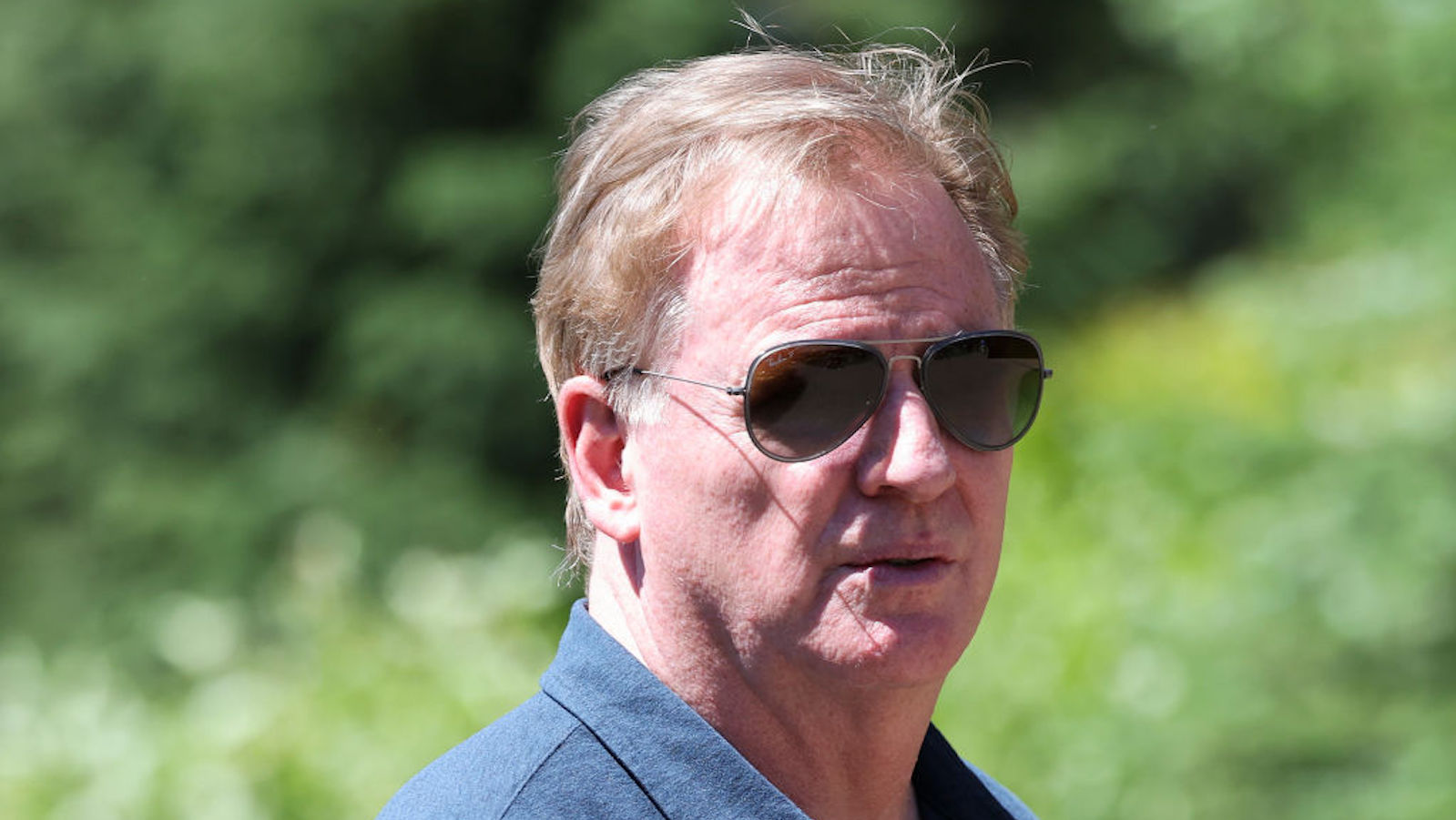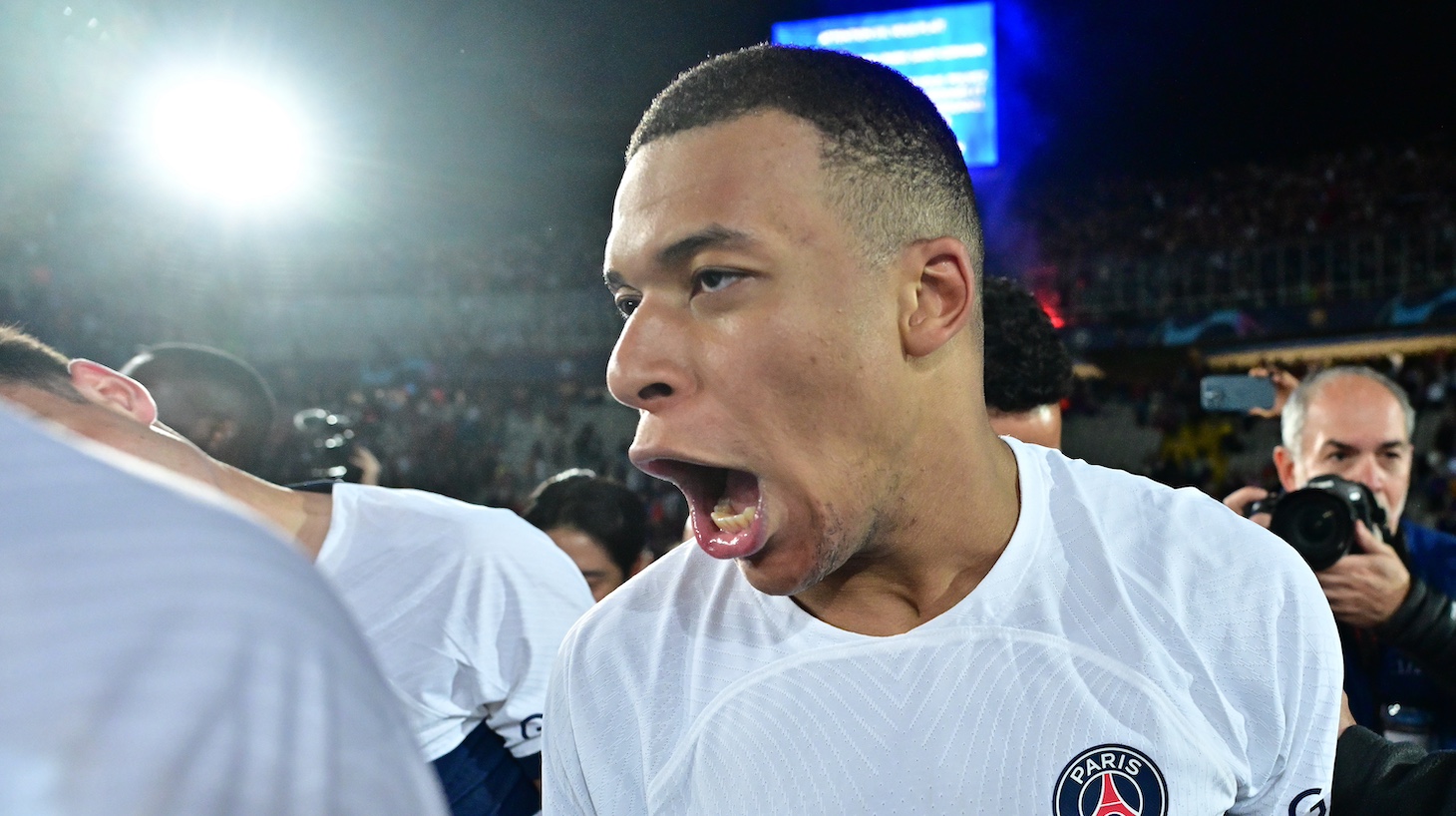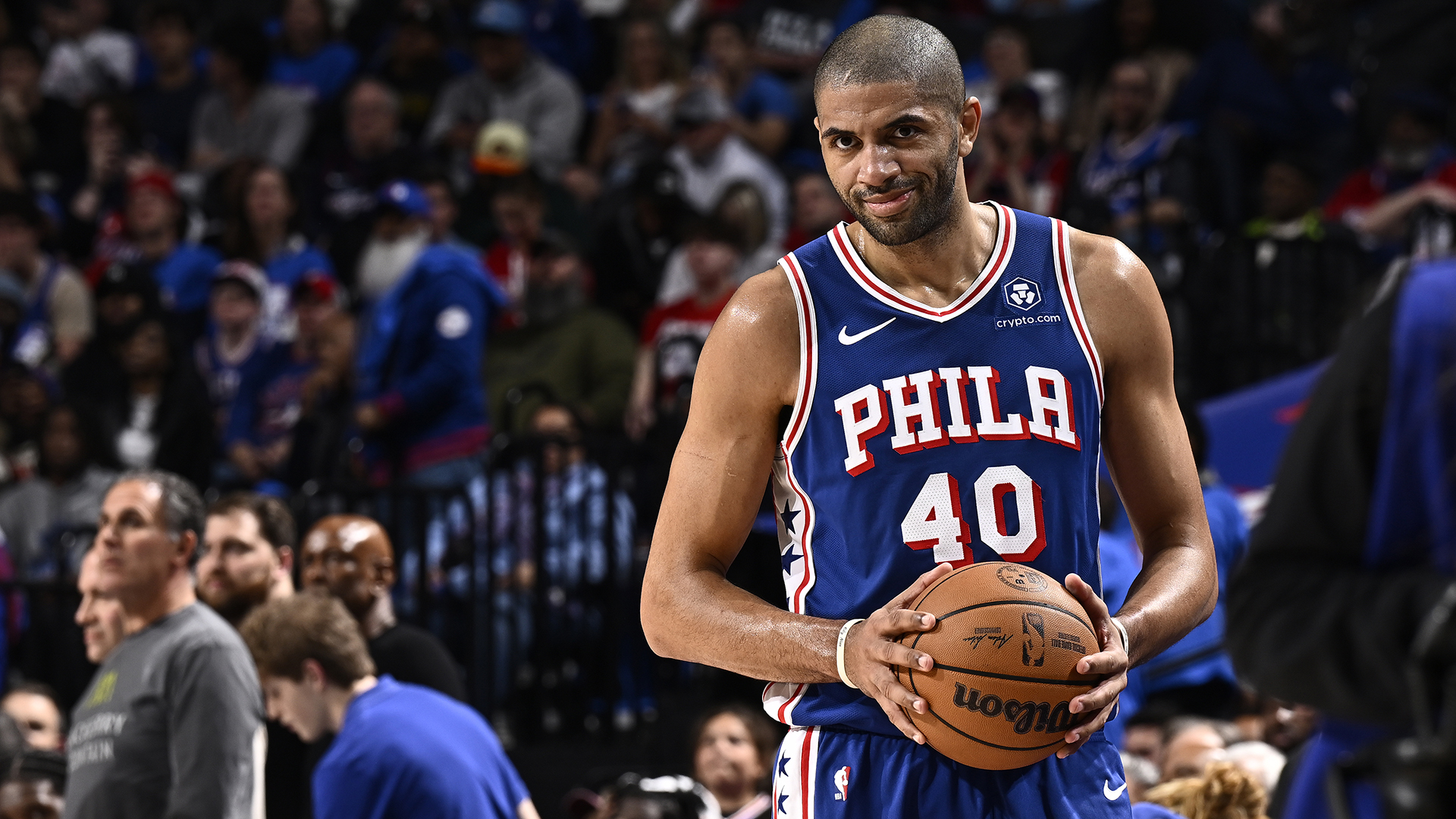On Monday, retired federal judge Sue Robinson ruled that Cleveland Browns quarterback Deshaun Watson had violated the NFL's personal conduct policy and suspended him for six games. The suspension followed Watson being sued by 24 women who said he engaged in sexual misconduct during massage therapy appointments. On Wednesday, the NFL announced that it will be appealing Robinson's decision, and now things are about to get messy.
The league and the players have never found themselves in a situation quite like this one. That's because Watson's suspension is the first to have been handed down under the new disciplinary system that was agreed to by both the league and the NFLPA when the most recent CBA was ratified. Under the current agreement, player discipline is determined by an independent disciplinary officer, which was Robinson in this case, and then the league and the players' association are granted three days to appeal the officer's ruling. The appeal process is where things get weird, because the CBA stipulates not only that the appeal will be heard by either Roger Goodell himself or someone that Goodell appoints, but that their ruling will be totally binding. The actual language in the CBA reads, "The Commissioner or his designee will issue a written decision that will constitute a full, final, and complete disposition of the dispute and will be binding upon the player(s) Club(s) and the parties to this Agreement."
I don't think anyone would call this a clean and sensible system, as it turns any suspension handed down by the disciplinary officer into nothing more than a suggestion that can be thrown out and replaced with whatever punishment the league was initially seeking. (According to reports, the league is still looking to give Watson with a suspension of at least a year and a heavy fine). So what the hell is the point of having a disciplinary officer determine a punishment in the first place? Making things messier still is the fact that in this specific case, it was Robinson's adherence to NFL precedent that brought her to the conclusion that Watson should be suspended for only six games. So what we have here is a situation in which the league and the NFLPA agreed that the previous method for wielding the personal conduct policy was lacking, came up with a new system, and then watched as the first case to be subjected to the new way of doing things was judged almost entirely on precedent set by the decisions that had been made under the old. And now Goodell is swooping in to try and fix things, and in the process will essentially be saying, That judge screwed up by lending too much merit to every single decision on player discipline I've ever made in the past. Which is why I'm now the only person who can be trusted to make a decision in this case. After that, the NFLPA probably sues the league in federal court, and this whole thing ends up in front of yet another judge who has to determine just how binding that CBA language really is.
If this all sounds ridiculous and stupid to you, that's because it is ridiculous and stupid. There is no other place to end up when something as blunt and clumsy as a sports league's personal conduct policy—something which exists only for the sake of public relations—is deployed as some sort of moral blueprint. This specific process has been and always will be fundamentally broken, no matter how many times the league and the NFLPA renegotiate its parameters.
There is perhaps one thing that this version of the personal conduct policy's application does better than previous iterations, and that is to abstract this entire situation and push it away from anything resembling a path towards meaningful justice. This is now a story that belongs to lawyers, judges, and union reps. It takes place in conference rooms and courtrooms, and is told through affidavits, press leaks, and the discovery process. All of this has the effect of placing the actual thing, the horror of what happened to those 24 women, in a place where nobody has to think too hard about it if they don't want to. Once the NFL's judicial system steps in, everyone else is off the hook. The guy who signs Watson's paychecks can release a half-hearted statement, his teammates can tell everyone that none of this is their business, and the fans can go on cheering and begging for autographs.
If you liked this blog, please share it! Your referrals help Defector reach new readers, and those new readers always get a few free blogs before encountering our paywall.
Editor-in-Chief.
Read More:
Stay in touch
Sign up for our free newsletter





